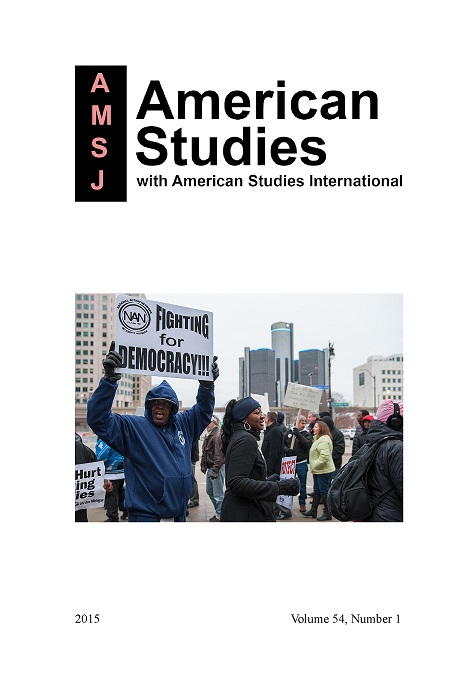Аннотация
The 2010 Citizens United ruling has been misunderstood. This essay argues that the FEC’s arguments, which shaped the dissenting opinion and subsequent reform proposals, were deeply rooted in a neoliberal, individualistic, and undemocratic conception of shareholder citizenship that fetishizes the ability of individuals to spend money to influence elections. More democratic politics must come not from rejecting the principle of corporate political activity, but extending it to include cities. Historically, broader doctrines of city power helped to solve common problems and establish the concept of the public interest in diverse urban areas. Social, spatial, and ideological developments associated with suburbanization have helped a neoliberal notion of shareholder citizenship to supplant this public democracy. Recent events demonstrate that new urban social movements might leverage city power to make cities not just venues but instruments of politics.
All items © Mid-America American Studies Association
Authors: If you prefer to remove your text(s) from this database please contact the editor.

